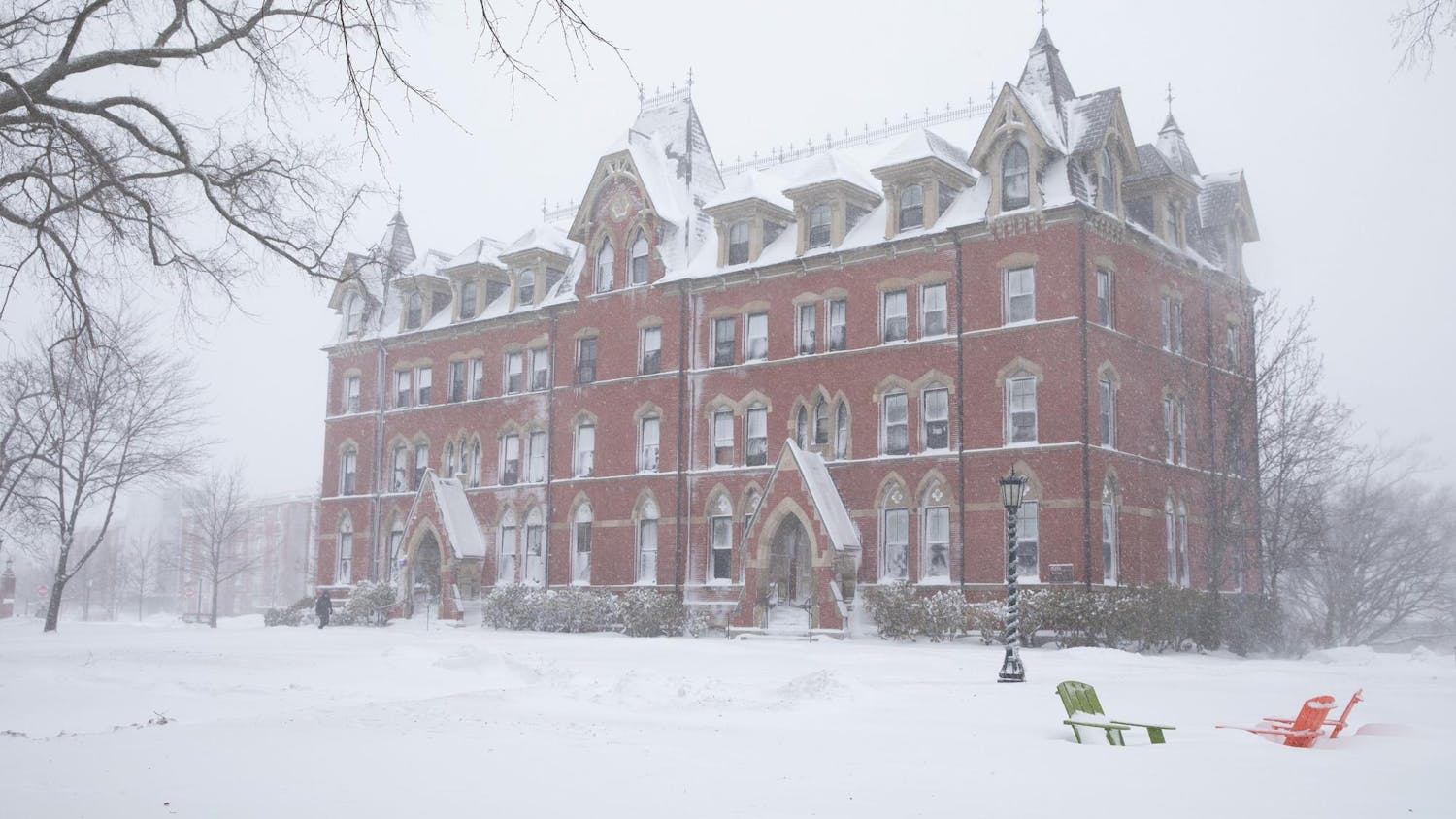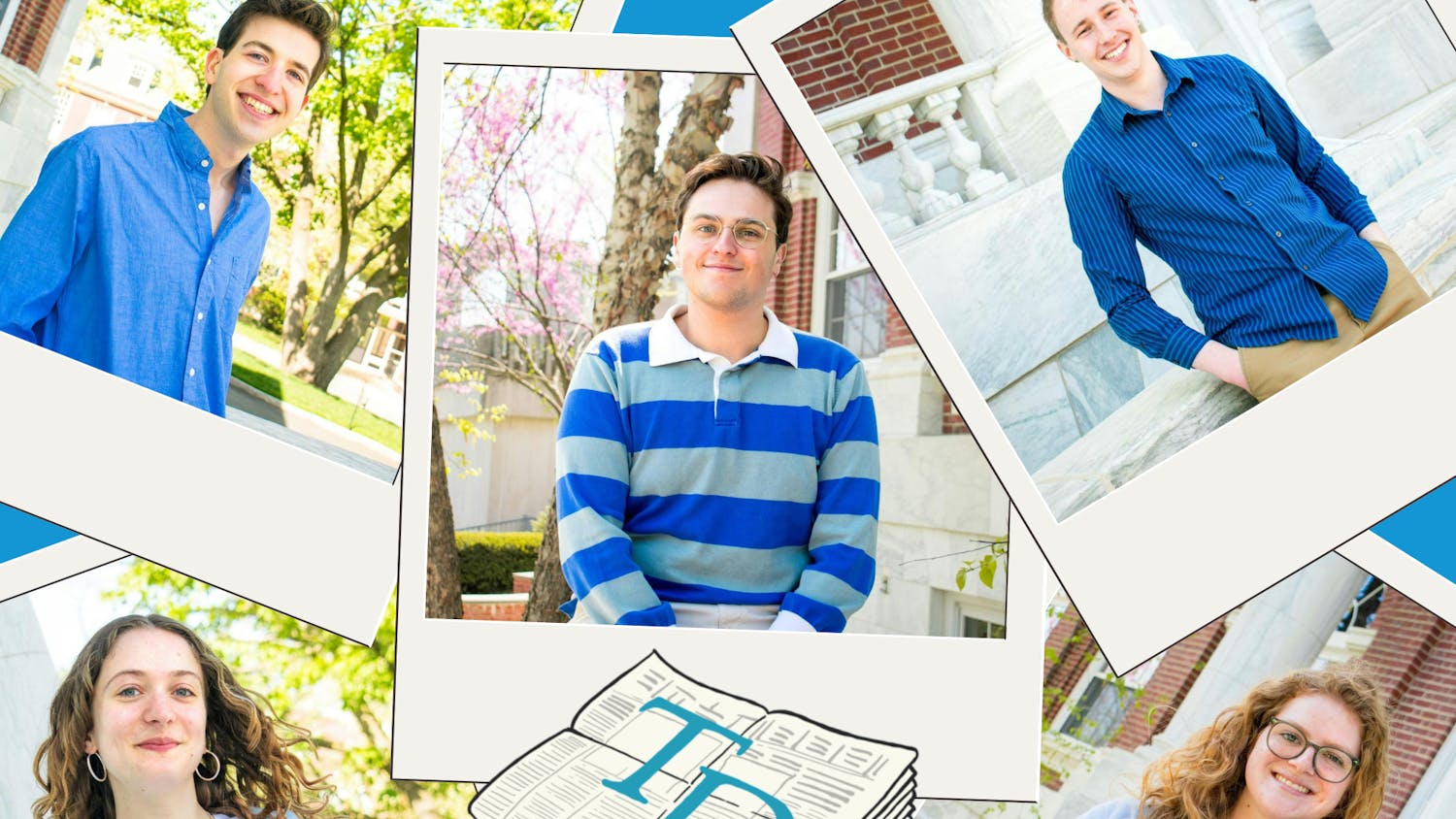Tufts began a partnership with the carpooling app miles2share on March 1 to implement an exclusive carpooling network for students, faculty and staff within the Tufts community, according to Shoshana Blank, the education and outreach program administrator for the Office of Sustainability.
Miles2share connects riders and drivers with overlapping routes with ultimate goal of reducing carbon emissions through carpooling.
Currently, Tufts offers the service Bay State Commute to connect carpools in the community. Bay State Commute incentivizes green commuting through discounts and coupons awarded to users who record their environmentally friendly trips.
The Office of Sustainability endorses other ride-share companies as well.
Tufts will now use miles2share in conjunction with Bay State Commute so that those who wish to continue using the platform are still able to, according to Blank.
Once logged in, Tufts users enter their typical or one-time routes and are connected to others within the Tufts network going in the same direction. Riders pay $0.30 per mile, with $0.25 of the payment going to the driver and the remaining $0.05 going to the app as a service fee.
The owner of miles2share contacted the Office of Sustainability about a year ago and began working with the university to ensure the network was closed to Tufts, according to Blank.
"People are more likely to share rides if they can know that everyone in the platform would be a Tufts person,” she said.
Blank explained that the miles2share project is specifically aligned with Tufts’ Transportation Demand Management Strategies.
“It is basically, 'How do you get people at Tufts to stop using single-occupancy vehicles and move towards alternative forms?',” she said.
Blank referenced data from fiscal year 2017 regarding greenhouse gas emissions over all of Tufts' campuses. Overall, faculty and staff commuting made up eight percent of the total emissions, student commuting made up five percent, directly financed air travel for the university made up 12 percent and study abroad air travel made up three percent.
In 2016, Tufts signed the Second Nature Climate Commitment, with one goal: become carbon neutral by 2050. Blank said the miles2share network is among several other initiatives that the Office of Sustainability has in place to work towards this goal.
Tufts has worked on other projects in the past that have encouraged public transportation use and other alternative transportation. For example, the Medford campus has special parking spots for carpools by Packard Hall and in the Dowling garage. Also, in the past year, Tufts faculty and staff on all campuses gained the benefit of a 35 percent discount on their MBTA passes. The university offers Zipcars on the Medford campus and a discounted annual membership to Zipcar for the whole Tufts community.
The implementation of miles2share carpooling would potentially impact greenhouse gas emissions from students, faculty and staff, Blank said.
Another example of a recently developed app to connect riders and drivers is the app CarTrek, founded by Tufts juniors Olive Baerde and Mikayla Rose.
Baerde distinguished CarTrek from other carpooling apps. Where miles2share focuses on daily commutes, CarTrek connects college students for medium- to long-distance travel.
However, both apps are concerned with reducing environmental impact, according to Baerde.
“In that regard, we help with saving the environment and ... [reducing our] carbon footprint, because we are covering larger distance where normally people don’t think about carpooling with each other,” Baerde said.
Michaela Morse, the recycling communications intern at the Office of Sustainability, recognized the importance of outreach and social media in rolling out a project such as miles2share.
“We can’t impact our goal to help the university reduce its waste and behave more sustainably unless we engage the community and get them involved in all these programs we offer,” Morse, a junior, said.
Co-president of Tufts Students for Environmental Awareness Leila Skinner noted that their group focuses on raising awareness about local environmental situations as well as building solidarity through collective movements to better the environment.
“[Miles2share] seems like a great way to build community,” Skinner, a first-year, said. “You can choose who is inside your circle and I know, for a lot of people, ... not riding with random people [is really important].”
An earlier version of this article linked to an old version of the Office of Sustainability ride-share company endorsements. It also claimed that initiatives to provide discounted MBTA passes for faculty and and Zipcar memberships for the Tufts community were ongoing, when in fact these benefits were secured in the past year. The article has been updated to reflect these changes. The Daily regrets these errors.
More from The Tufts Daily





